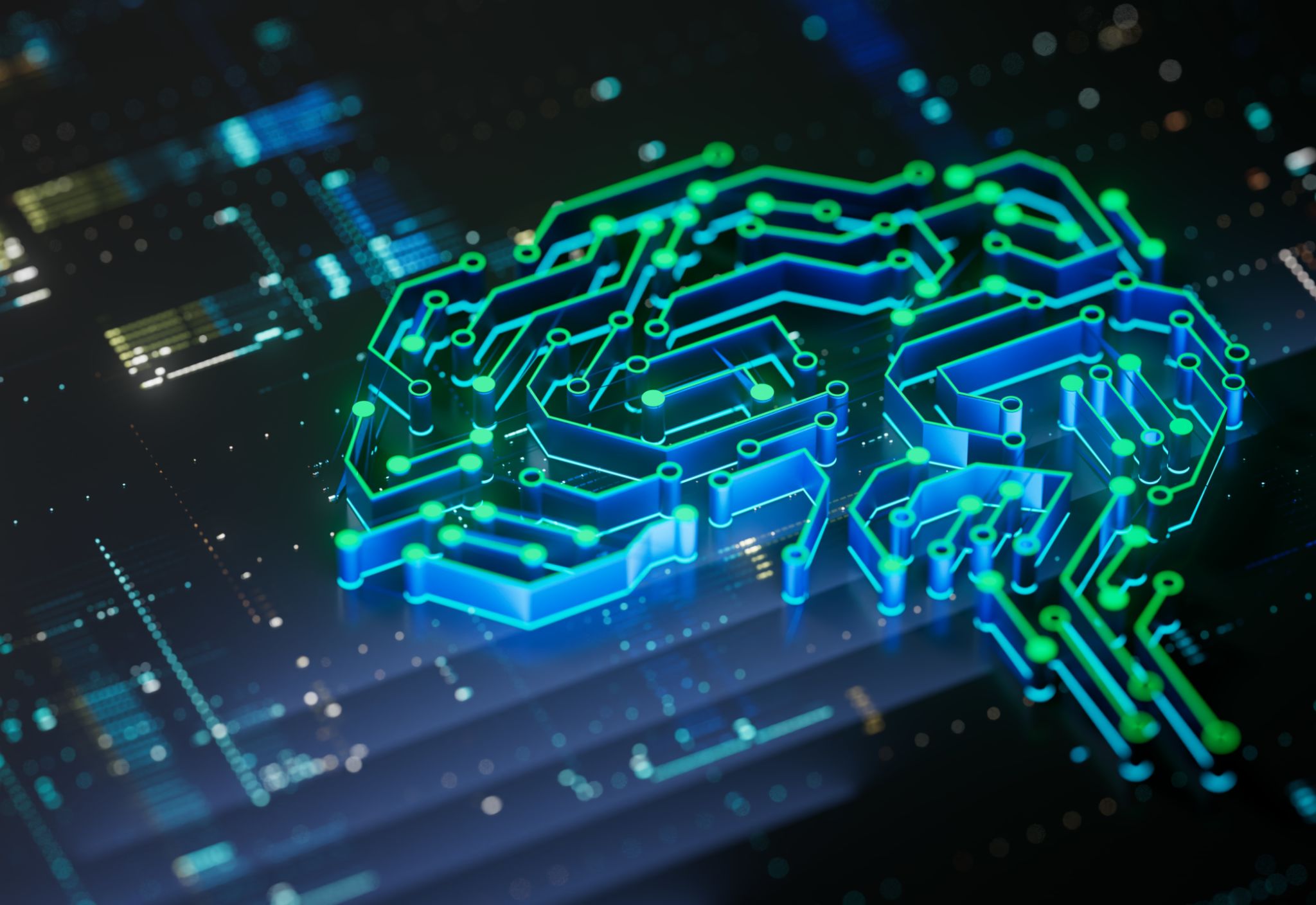Debunking Common Myths About AI Technology
Understanding AI: Separating Fact from Fiction
Artificial Intelligence (AI) is one of the most transformative technologies of our time, yet it is surrounded by a plethora of myths and misconceptions. These myths often stem from science fiction movies and a general misunderstanding of the technology. In this blog post, we aim to debunk some of the most common myths about AI technology and provide a clearer picture of its capabilities and limitations.

Myth 1: AI Will Replace All Human Jobs
One of the most prevalent myths is that AI will lead to massive unemployment by replacing all human jobs. While it is true that AI can automate certain tasks, it is more likely to complement human work rather than replace it entirely. AI excels at handling repetitive tasks, freeing up humans to focus on more complex and creative endeavors. In fact, AI has the potential to create new job categories and industries that we can't even imagine today.
Myth 2: AI Can Learn and Think Like Humans
Another common misconception is that AI can learn and think just like humans. While AI can process vast amounts of data and identify patterns, it lacks true understanding and consciousness. AI systems are designed to perform specific tasks based on the data they are trained on. They do not possess emotions, self-awareness, or the ability to reason in the same way humans do.

Myth 3: AI Is Infallible
There is a belief that AI systems are infallible and always provide accurate results. In reality, AI systems are only as good as the data they are trained on. If the data is biased or incomplete, the AI's predictions or decisions may also be flawed. It's crucial to have human oversight to ensure AI systems function effectively and ethically.
Myth 4: AI Is Only for Large Corporations
A common myth is that AI technology is only accessible to large corporations with vast resources. However, advancements in cloud computing and open-source tools have made AI more accessible than ever before. Small and medium-sized enterprises can leverage AI to improve efficiency, enhance customer experience, and gain competitive advantages.

Myth 5: AI Poses an Imminent Threat to Humanity
Some fear that AI poses an imminent threat to humanity, envisioning scenarios where machines become self-aware and turn against their creators. While it's important to consider ethical implications and establish regulations for AI development, the technology today is far from achieving such capabilities. Responsible innovation and collaboration among researchers, policymakers, and industry leaders can ensure AI benefits society as a whole.
The Reality of AI Technology
Understanding the realities of AI technology is crucial for leveraging its potential responsibly. While there are challenges associated with its implementation, the benefits can be transformative when used correctly. By dispelling these myths, we can better prepare for a future where humans and machines coexist harmoniously, each enhancing the capabilities of the other.
